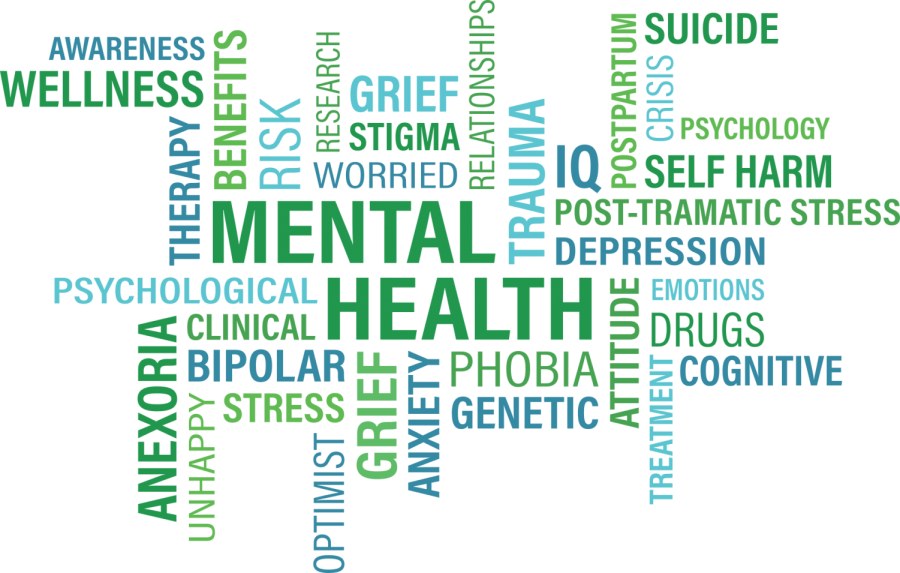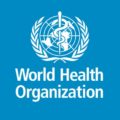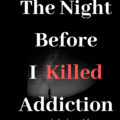Online betting addiction has escalated the mental health crisis in Nigeria destroying livelihoods, wreaking businesses and tearing families apart. The crisis is such that addicted parents rather play bet than pay school fees leaving children uneducated malnourished and vulnerable. Gambling addiction is a serious mental health disorder. It can be identified in two major ways in individuals: First, continuous betting on things using money or objects that hold value disregarding the negative consequences which may arise as a result of this addictive act. Second, an individual can be said to be addicted if they cannot abstain from gambling even if they desire and crave to.
Unfortunately many in Nigeria have not realized the impact it is having on young Nigerians who constitute a large proportion of our over 200 million population. Its severity or taking it as a mere common act can be devastating for the addicted gambler in the long run, hence causing loss of money and properties which may lead to mental disorder due to excessive thinking and massive trauma. According to statistics, about 60 million Nigerians between the ages of 18 and 40 are involved in active sports betting. On average, these punters spend roughly ₦3,000 Naira every day on bets.
Today, betting is one of the most rapidly growing business in Nigeria following its legalization in the country. Online gambling in Nigeria is regulated by the Nigerian Lottery Commission. All bookmakers are required to obtain a license from the gaming commission before operating in Nigeria. Nigerian law does not mention online space and there is no restriction for the people to reach local or foreign gambling sites. The ever-growing popularity of the betting industry has made some people rich, but others poorer and not only financially, but also health-wise.
Almost N2 billion is spent on sports betting daily in Nigeria, which translates to nearly N 730 billion in a year. The get rich quick syndrome has exacerbated the gambling epidemic in the country forcing many young people to think of short cuts to success.
Today, it is easy to run into students of secondary and higher institution who are begging on the streets because they used their school fees or tuition to play sports betting. The Irony of this scheme is that while the promoters of these sports betting (online and offline) and gaming business smile to the bank such cannot be said of their customers who slide deeper into penury, poverty and hopelessness.
The Nigerian government over the years has turned a blind eye to the far reaching side effects of gambling due to the juicy taxes they digitally rake in from these bussiness forgetting that the long term impact of these mental health destroying schemes. The eroding mental health of Nigerias young population which has the potential of completely destroying the next generation ahead of time.
According to a study on the public health effects of gambling, Harms caused by gambling can co-occur with other difficult situations in life, usually intensifying along with crises and continuing even after the problematic behavior comes to an end. Gambling-related harm can affect multiple domains of life, including financial and health problems, psychological and emotional distress, and impaired social and cultural relationships.
According to the study, they have an influence on multiple levels: gambling-related harms restrict the gambler and their family, friends, workplace, community, and society. Because of these significant influences on society and the population’s overall health, gambling is a critical public health issue.
We therefore urge the Federal ministry of health and key stakeholders in public health to consider the compulsory placement of public health warning labels similar to those on cigarette packs on all online betting website and a compulsory sign-off for all online betters stating they understand the potential long term effects that gambling could have on their lives and the lives of their families





